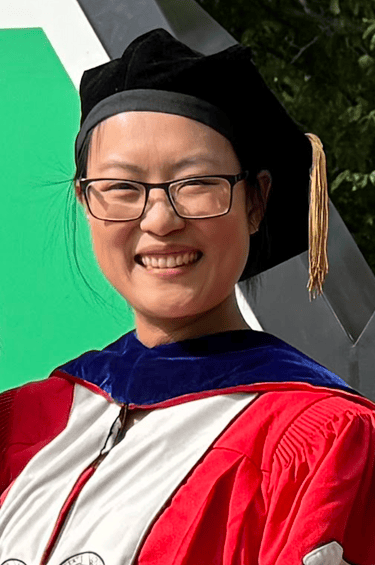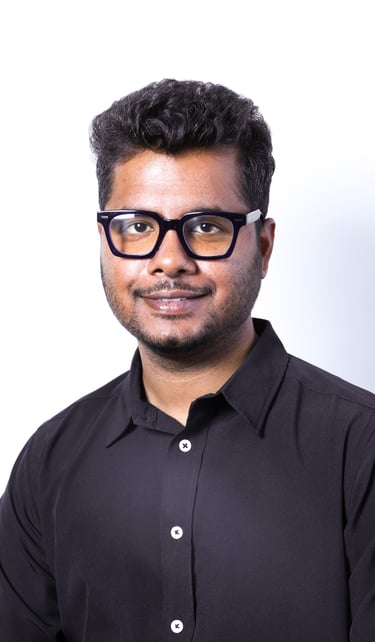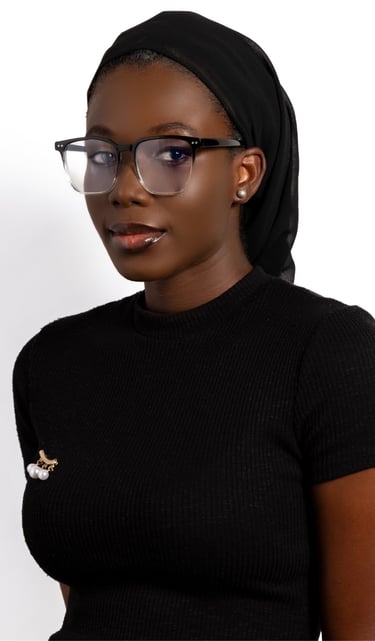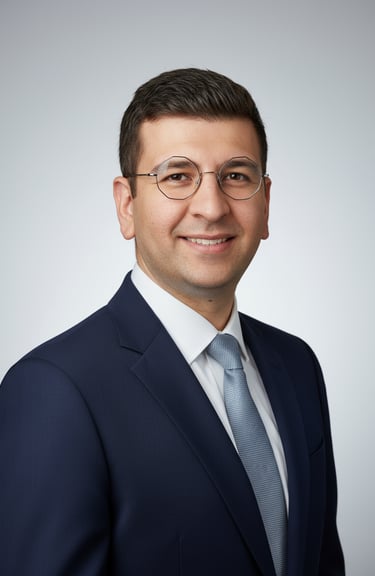In the Human-Tech Dynamics Lab, we explore the complexities of human-technology interactions and their psychological, social, and cultural impacts.
Our research encompasses a broad spectrum of topics, including artificial intelligence (AI), social media, and multitasking. We employ diverse methodologies like surveys, experiments, interviews, longitudinal studies, physiological measurements, and ecological momentary assessments.
Our current projects include examining human-AI collaboration via eye-tracking, exploring the development of AI companionship over time, and investigating how AI can persuade and correct misinformation.
Lab Manager


Dr. Chang "Molly" Mao earned her Ph.D. in Communication with a concentration in Quantitative Psychology from The Ohio State University in 2022. Her research uses quantitative methods to examine how people interact with communication technologies and AI, especially in organizational and health contexts. She is excited to join the Human-Tech Dynamic Lab to collaborate on projects that enhance communication outcomes across individual, organizational, and societal levels.
Lab Members


Oyindamola Olawunmi's research interests lie at the intersection of sustainability and artificial intelligence (AI). I am particularly interested in how AI can be used to promote sustainable behaviors, reduce waste, and help individuals and organizations make more eco-friendly decisions. This includes using digital platforms, algorithms, and data-driven tools to raise environmental awareness and encourage responsible consumption.
Buduo Wang is an Assistant Professor in the College of Media and Communication at Texas Tech University. His research interests lie at the intersection of health communication, computer-mediated communication, and persuasion resistance. He explores the psychological mechanisms underlying how individuals process and evaluate health messages, especially in online environments. His recent work examines how online users perceive and assess health information received from social media influencers and artificial intelligence.




Ali Ahsan is a Ph.D. student in the College of Media and Communication at Texas Tech University. He is interested in exploring how AI technologies can be integrated into human communication, particularly education. Through an in-depth analysis of social, cultural, psychological, and interpersonal factors, Ali hopes to provide insights for optimizing AI implementation strategies to enhance social and educational outcomes, and to facilitate the integration of AI innovations to empower learning environments.
Bridget Maglo is a graduate student and teaching assistant at Texas Tech University. She specializes in Artificial Intelligence, human-machine interaction, and psychological well-being. Bridget’s current research explores the emotional capacity of social chatbots as companions for users. Through her studies, she aims to provide insights into enhancing AI to offer meaningful support, especially for individuals lacking real-time support.


Sumeyya Akdilek is a Ph.D. student in the College of Media and Communication at TTU. Her primary research interests center on forgiveness and patriarchal violence in close relationships. She also studies how artificial intelligence shapes interpersonal communication and relational dynamics. Her recent work examines forgiveness in abusive relationships, media portrayals of forgiveness, and the role of AI in interpersonal and instructional communication.




Jiwan Kafle is a graduate part-time instructor and research assistant at Texas Tech University. His research interests lie at the intersection of strategic communication, health communication, and persuasive communication. His recent projects focus on AI-mediated communication in health and education contexts. He aims to provide insight into effective integration of AI and emerging technology for health education and building trustworthy relationship.


Milad Jalalian Ebrahimi is a graduate student in Mass Communication at Texas Tech University. His main research interests are in artificial intelligence and human interaction. Milad enjoys working with large datasets and exploring innovative approaches to understanding digital interactions. He is committed to advancing scholarship of emerging technologies and media studies, to contribute new insights to both academic research and practical applications in communication.